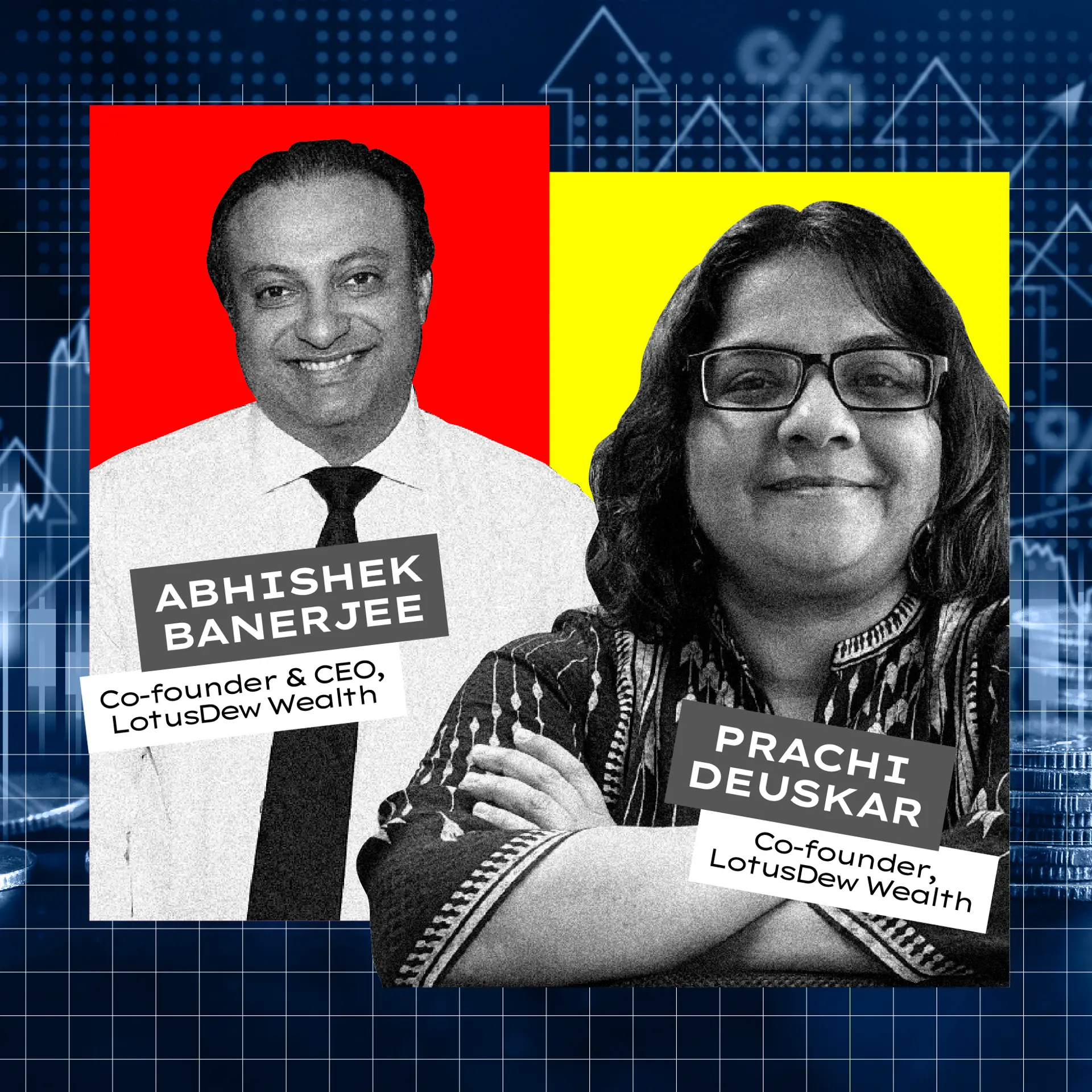Meet Assam's Justice Ranjan Gogoi, the first Chief Justice of India from the Northeast
With Justice Ranjan Gogoi's appointment as the Chief Justice of India, for the first time in the history of Indian judiciary, the Supreme Court will be led by a CJI from the Northeast.
Deepak Mishra, the incumbent Chief Justice of India and is set to retire on October 2, had recommended Justice Ranjan Gogoi as his successor. He will be the 46th CJI and is the seniormost judge next to current CJI Deepak Mishra. He will assume office from October 3, and until his retirement on November 17, 2019.

At present, he is leading the bench that is monitoring the Assam's NRC (National Register of Citizen of India) case.
Justice Ranjan's judicial career has witnessed many high profile cases and landmark judgments. Here are ten things you should know about Justice Ranjan Gogoi, the next Chief Justice of India.
- Justice Gogoi was born on November 18, 1954, and is a son of Keshab Chandra Gogoi, former Chief Minister of Assam.
- He completed his primary schooling from Don Bosco School Dibrugarh, Assam and later pursued history from Delhi University's St Stephen's college.
- Justice Gogoi was first enrolled as an advocate in 1978. Further, he went on to practise in Gauhati High Court. He practised in the field of constitutional, taxation and company matters.
- On September 9, 2010, Justice Ranjan was transferred to the Punjab & Haryana court. Within a few months, on February 12, 2011, he was appointed as the Chief Justice of Punjab & Haryana court.
- After a year in 2012, Justice Ranjan was appointed as Judge of the Supreme Court of India. Since then he has taken some important verdicts.
- Justice Gogoi's bench had earlier this year pronounced its verdict against the Uttar Pradesh government's state law. The verdict led to the former chief ministers to vacate the official bungalows and forego perks that they were entitled to by the state's law.
- The bench led by Justice Gogoi also directed the Centre to set up fast track courts meant exclusively to try MLAs and MPs. The decision by his bench was meant to decriminalise Indian politics.
- At present Justice Gogoi's bench is looking into the appointment of the anti-corruption ombudsman by the government.
- Justice Gogoi was one of the four judges who had held a press conference this year, expressing their concern over selective assignment of sensitive cases by recent CJIs to certain judges in the court.
- A bench of Justices Gogoi and R Banumati had directed the registry of Supreme Court to upgrade the Supreme Court's creche (nursery for court's working professionals' babies).







